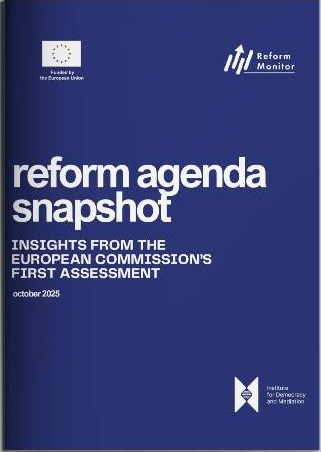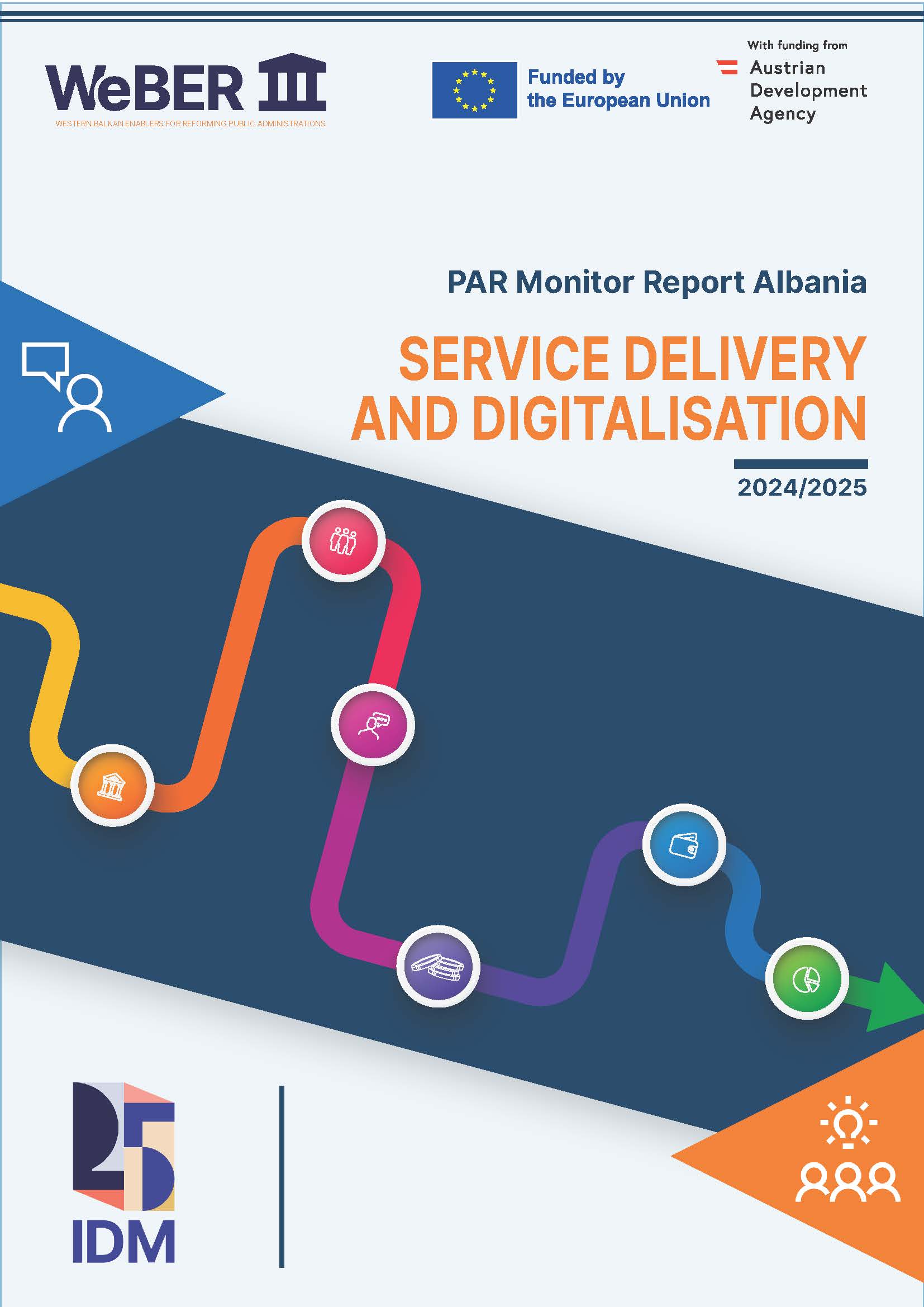Covid-19: The need for a new approach to national security
By: Alban Dafa, Researcher at IDM Albania
This past January, as Covid-19 was reaching Europe, the Albanian government was intensely focused on securing the approval of the European Council for the start of accession negotiations with the European Union (EU). Since progress towards the EU is considered the yardstick for government success, the incumbent Albanian government – like all its predecessors – has been exceedingly preoccupied with fulfilling Brussels’ conditions without ensuring that the process leads to the establishment of accountable and efficient institutions. The government’s response to the Covid-19 pandemic highlights the failure of such an approach and the need for an institutional infrastructure to secure the constitutional rights and the welfare of the Albanian citizens.
Rule by normative acts
On 31 January – a day after the World Health Organization (WHO) declared Covid-19 a pandemic – the Albanian Council of Ministers adopted through a normative act a legislative amendment package that sought to improve the country’s fight against organized crime and corruption. This action – ahead of the 24 March General Affairs Council vote on the opening of accession talks with Albania – was intended to signal the EU member states that the country’s government was committed to reforms. Albanian civil society strongly criticized the amendment package for lacking transparency and for undermining fundamental rights, while the EU Delegation, the US embassy, and the European Parliament’s speaker Sassoli praised it. This external endorsement was taken by the Albanian government to mean that the Assembly could be bypassed if expeditious results towards accession were at stake.
Emboldened by such support, the government continued its practice of amending legislation through normative acts also in response to the Covid-19 crisis. On 11 March, the Council of Ministers used the same tool to amend the Law on the Prevention of Infectious Diseases and legitimize the deployment of the Albanian military. In doing so, it ignored the constitutional and legal requirement to declare the state of natural disaster and establish interinstitutional coordination mechanisms.
The need to intervene and prevent the spread of Covid-19 is undeniable and seems to have helped contain the pandemic. Yet the government has treated the crisis as a medical emergency rather than as a situation with profoundly dire consequences for the nation’s economy and for citizens’ welfare and fundamental rights. Between 9 and 15 March 2020, decisions to suspend the education system, close non-essential business activity, and enforce a country-wide curfew were taken by the health ministry, but not through a concerted inter-institutional effort to deal with a complex crisis.
It was not until 24 March 2020 that the Council of Ministers declared the state of natural disaster and established the Inter-ministerial Committee for Civil Protection, in line with the Albanian Constitution. This step did little to improve the government’s institutional response to the crisis, but aimed to provide constitutional legitimacy to all previous measures by rubber-stamping them ex-post.
Democratic governance as a national security imperative
The executive’s pursuit of power, coupled with the February 2019 parliamentary boycott by the opposition and the institutional vacuum created as a result of the ongoing reform of the judiciary, have led to a serious crisis of democratic governance in Albania. The government is exploiting these conditions to stifle criticism of its policies.
In the most recent example, on 16 April 2020, Albanian civil society organisations (CSOs) failed in their attempt to prevent the approval of a bill in its first draft, which aimed to punish the breaking of quarantine restrictions with up to 15 years in prison. The foreseen sentence was later lowered to eight years, at President Meta’s recommendation. While the CSOs denounced the bill as a disproportionate response to the pandemic and an affront to human dignity, in the absence of any criticism from the EU or the United States, Prime Minister Rama felt comfortable to ignore their arguments. And given that the High Court and the Constitutional Court have stopped functioning while the process of vetting judges – the justice system’s flagship reform – is ongoing, it has also become impossible to bring suit in defence of one’s constitutional rights from arbitrary government actions.
Moreover, the goal of EU accession – widely perceived as a panacea for the country’s ills and a guiding star for its development – has been used by successive Albanian governments to justify a dangerous lack of democratic deliberation: from bypassing the Assembly to ignoring critical voices in the Albanian civil society. Given that Albanians trust in the EU and the US to help the country improve its democratic governance, the lack of criticism from these two actors – and at times their endorsement – of decision-making processes dominated by the Albanian executive has precluded public criticism of the government’s policies during the pandemic.
A new vision
As the Covid-19 crisis disrupts global supply chains and increases geopolitical competition, Albania’s economic and democratic future looks uncertain. Outsourcing government accountability to external actors and chasing EU accession at the expense of democratic governance is not in Albania’s best interest. This crisis is an opportunity to reflect upon the country’s failures and its future. Albania’s allies should understand that only by helping the country keep its democratic course, will mutual cooperation be sustainable. Simultaneously, the Albanian society should launch a national dialogue and develop a new strategic approach through which institutional development is based on long-term sustainability, while partnerships and alliances are subordinate to the national interest.





